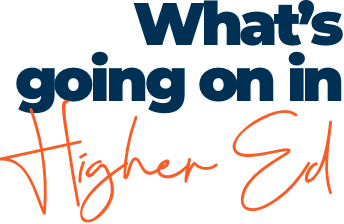You’ll have a lot of decisions to make about where you want to put your time this New Year. Here at Graduate Communications, we are doubling down on these five resolutions to ensure that our client’s marketing is targeted, inclusive, and effective.
1. Accessibility
There is no question that the web and internet are essential parts of our everyday lives. It is no longer an option to produce content or host websites that are not accessible to people with disabilities. Marketing content that excludes people with disabilities, even unintentionally, prevents potential students from learning about your college and interacting with your brand. Plus, Google awards better rankings to more accessible webpages, which means your efforts will be rewarded in more ways than one. If this isn’t reason enough to convince you, then keep in mind that colleges, as public institutions, can be held legally liable for failing to meet required accessibility standards.
If you haven’t already done so, shift your mindset so that accessibility checks happen as part of your quality assurance protocols. Just as you proofread everything you publish, ensuring content is accessible should be a step you perform. Always.
There are a lot of tools out there to make your pledge to be accessible easier to implement. Before investing money, though, take the time to familiarize yourself with best practices, which include using HTML header tags, using alt text and image descriptions, captioning your videos, and using CamelCase for hash tags to name a few.
2. Maximize the Impact of Your #1 Marketing Tool
The college website is by far your most powerful marketing tool. “Websites are the most important digital tool colleges have to reach potential students,” says Kenneth Hartman, the former president of Drexel University Online, in an Inside Higher Education article that builds the case for colleges to strengthen their online presence.
Most colleges have made tremendous advancements in the look, feel, and navigability of their websites. But there is always work to be done. Like your accessibility efforts, keeping your website in top shape is a process, not a one-time project. This year, keep a careful eye on your website performance, and pledge to conduct a web audit to identify areas that may need some TLC.
3. Double Down on Paid Search
Each day, Google processes over 3.5 billion searches. This means that every second, Google processes more than 40,000 search queries. Doesn’t that blow your mind?! Where does your college or your most important programs fall when people are looking for you? Are you in the top position…or buried beneath the digital fold?
Paid search has long been recognized as the most important and most effective digital marketing strategy. It guarantees your college and chosen programs will be in the top five results in Google, Yahoo, and Bing. Not only that, but the audience you are reaching is already interested in what you are offering, which makes these ads relevant and timely. And, as an added bonus, you only pay when someone clicks (hence the term Pay Per Click, also known as PPC).
If you’re interested in taking a deep dive into the efficacies of PPC and exploring tips and tricks, then make sure to download the Higher Education Coffee and Conversation podcast with digital media superstar Erin Green. Erin has worked with leading organizations including Nike, FedEx, and MD Anderson, and has run large marketing campaigns for colleges across the nation. You’ll be sure to take away some tips.
4. Give Those Alumni Some Love
Everyone needs support…and that includes college institutions. Guess what? There are thousands, if not tens or hundreds of thousands, of people out there who would probably love to offer your college support, whether that be through a referral, a great online review, a vote for a bond or levy, or a donation. And, guess what? All you have to do is ask!
If your college has ever thought about starting an alumni association, then you’ll want to listen to how MiraCosta College got their alumni association up and running, and how they reached 1,000 members in record time. Through making connections with alumni, the college has built internal pride and reconnected with graduates. Even better, the pride built through the alumni association has spilled over into the community and connections have continued to grow stronger, even through the COVID crisis.
5. Authenticity Matters…And So Do Your Leadership Skills
Authentic leadership is a management style in which leaders are genuine, self-aware, and transparent. Being authentic is hard work and takes experience, but it is a trait that is proven to build better relationships with colleagues and higher levels of trust within your organization, which can lead to greater productivity and a more positive working environment.
“Authenticity is not a license to be excessively focused on the self. It’s about being aligned with your character and values in order to lead effectively. That takes work,” says Northwestern University Clinical Professor of Leadership Brooke Vuckovic in a fantastic article that gives tips on ways you can become an authentic leader.
Focusing on your own leadership skills, whether that be through following philosophies like authentic leadership or using other approaches, is an investment that will not only help you become a stronger leader and advocate, but will also help your institution as you pioneer causes like integrating diversity and inclusion into your marketing or creating a more welcoming work environment for your staff.
So that’s it! The top five marketing resolutions for the new year. You got this. To get more, hire us. 🙂
